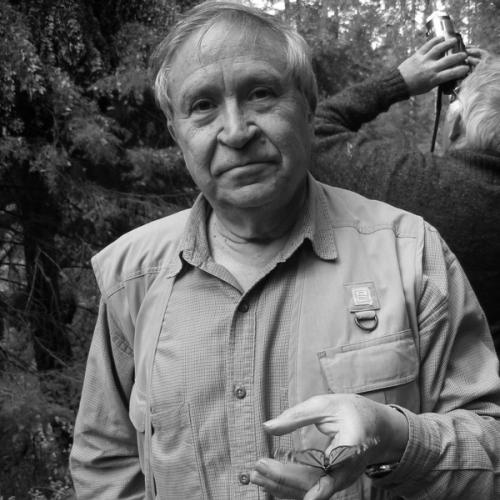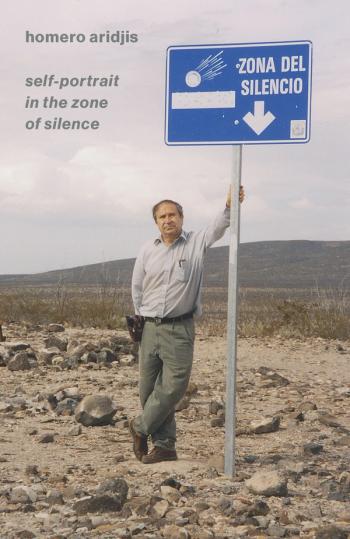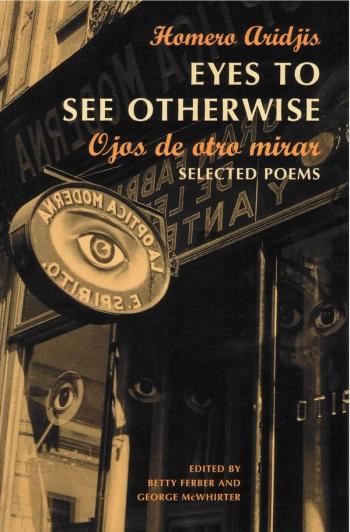Homero Aridjis
One of Latin America’s foremost literary figures, Homero Aridjis was born in Contepec, Michoacán, Mexico. He has written fifty-one books of poetry and prose and won many important literary prizes. Formerly the Mexican ambassador to Switzerland, the Netherlands, and UNESCO, he is the president emeritus of PEN International. He is founder and president of the Group of 100, an environmentalist association of writers, artists, and scientists.


